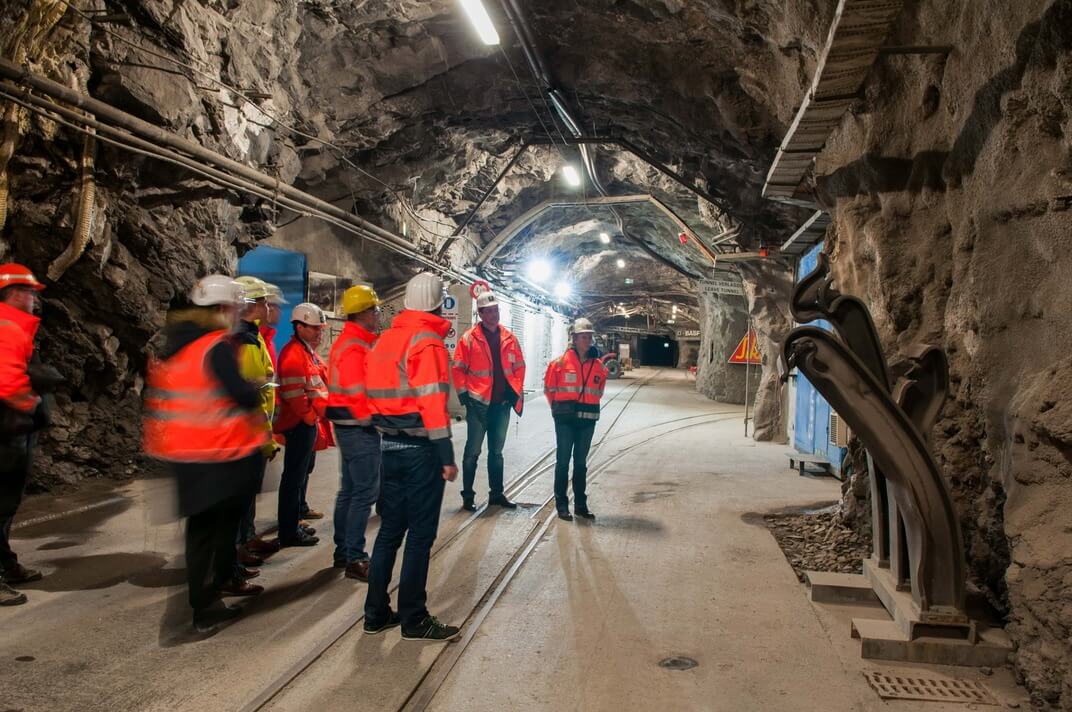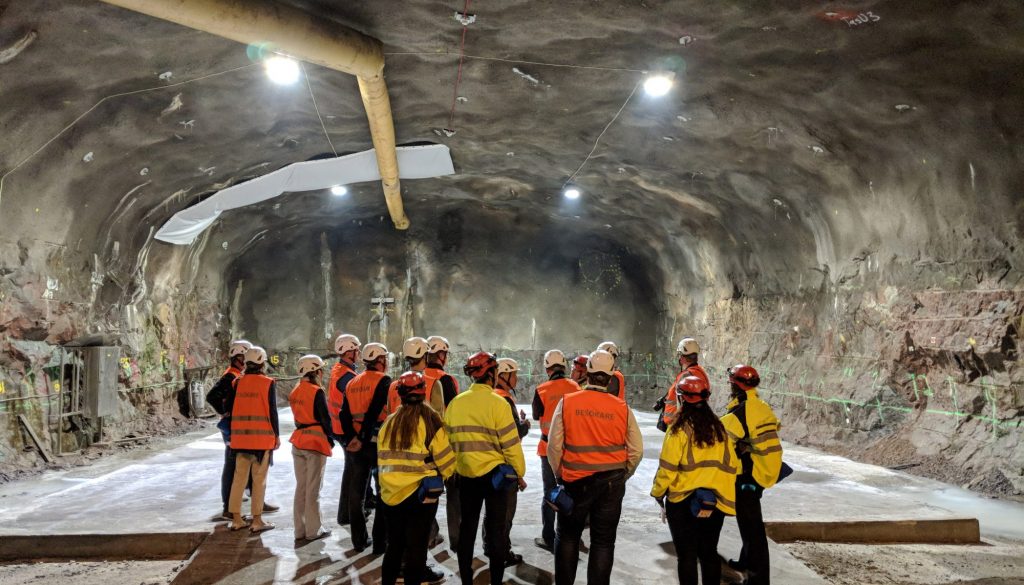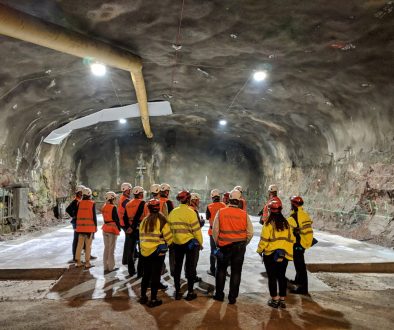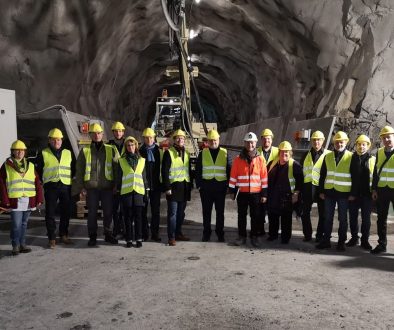Exploring the ULs’ expectations for a CRM system
Customer relationship management (CRM) can be defined as a strategic approach that aims at creating shareholder value through developing relationships with key customers and customer segments. It unites relationship marketing strategies with IT systems to create profitable, long-term relationships with customers and other key stakeholders. A CRM system provides enhanced opportunities to use data and information to understand customers.
 Choosing the right CRM system for an organization is challenging, which is why prior to the acquisition, precise CRM system requirements and specifications should be defined to support decision-making. One of the aims of the project was to provide CRM system requirements specification for the ULs. To explore the needs and limitations of the ULs, an online survey was used in this project. All in all, five ULs submitted their responses, providing valuable insights and data concerning their CRM system wishes and needs. Based on market research and the survey results, the CRM system requirements were defined, and are categorized into functional, technical, quality, cost, and security requirements. The requirements are presented in detail in the project report.
Choosing the right CRM system for an organization is challenging, which is why prior to the acquisition, precise CRM system requirements and specifications should be defined to support decision-making. One of the aims of the project was to provide CRM system requirements specification for the ULs. To explore the needs and limitations of the ULs, an online survey was used in this project. All in all, five ULs submitted their responses, providing valuable insights and data concerning their CRM system wishes and needs. Based on market research and the survey results, the CRM system requirements were defined, and are categorized into functional, technical, quality, cost, and security requirements. The requirements are presented in detail in the project report.
The survey revealed that the ULs are not a homogenous group but a collection of organizations in different countries with, for example, different resources and limitations, and thus have different needs and requirements for the system. However, there were also similarities in their requirements. For example, concerning technical requirements, an organization with limited marketing expertise might benefit from an intuitive system which is easy to use and requires very little training. In the induction stage, concerning functional requirements, a simple system with basic functions and features is recommended. However, a good system is flexible, customizable and can be extended and upgraded in the future. Key functional aspect for the ULs is also keeping track of the customer data that the system collects, stores, and organizes.
 An important notion in this business context is that the system must reach the highest security standards due to highly confidential data, and thus the security requirements is a key factor in the selection of a CRM system for all ULs. The security aspect should be taken into consideration, for example, when choosing between a cloud-based service and an in-house solution. This choice also affects the quality requirements, suggesting that the system should be acquired from a reputable partner. Regarding cost requirements, we can also recommend that the system is reasonably priced.
An important notion in this business context is that the system must reach the highest security standards due to highly confidential data, and thus the security requirements is a key factor in the selection of a CRM system for all ULs. The security aspect should be taken into consideration, for example, when choosing between a cloud-based service and an in-house solution. This choice also affects the quality requirements, suggesting that the system should be acquired from a reputable partner. Regarding cost requirements, we can also recommend that the system is reasonably priced.
Considering the different needs and limitations of the ULs, the system requirements defined in this project serve as a starting point for the acquisition of a CRM system, but each UL should re-assess the requirements from their perspective. The number of different CRM systems in the market is both a blessing and a curse; on the one hand, it might be difficult to choose a system from the cornucopia, but on the other hand, there are many good alternatives in the market. Whichever system a UL decides to adopt, it is essential that the organization commits to using the system to reach the full potential. It is also important that the organization names a person in charge of the system and makes sure that the employees using the system are trained. In addition, informing the UL customers about the system can be seen as a positive sign; adopting a CRM system shows that the organization cares about their customers, is willing to invest in customer relationships, and wants to take their customer relationship management to the next level.




